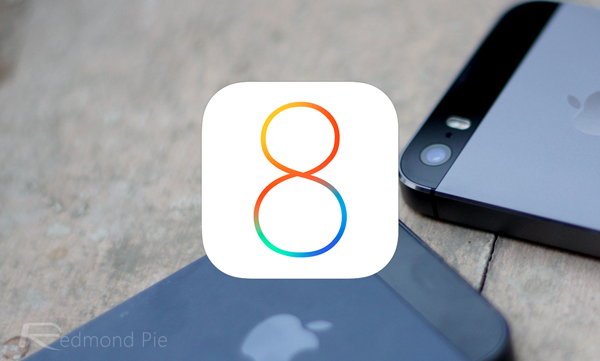The introduction of iOS 8 during this year’s WWDC definitely managed to reignite the passion of developers around the world. It may not have come attached with the radical changes that were introduced as part of the transition from iOS 6 to iOS 7, but the announced features and improvements represent a huge shift in how apps will be developed going forward. One of those features was Safari Extensions, which as you can see from the accompanying Vine video, affords developers with the ability to offer seamless native tie-ins with their apps when interacting with Mobile Safari.
This year’s WWDC wasn’t only notable for the fact that we got to witness the future of Mac OS X and iOS, but it was also extremely important as it represented a shift in how Apple sees the future of iOS, as well as the developers who build apps for the platform. The introduction of Safari Extensions and opening up of the Touch ID APIs indicates that Apple is planning on allowing developers greater access to the internals of iOS. It also allows companies like 1Password to experiment, create and demonstrate fantastic software that makes use of the latest APIs within iOS, once again demonstrated by the attached Vine.

1Password from AgileBits is well-known for being one of the most comprehensive pieces of software available for storing / recalling passwords for every website visited. It also seems that the company is well and truly embracing the latest Apple technologies in its in-beta version of its iOS app.
The Vine video, uploaded by Gabriel Nevado, shows a native activity sheet within Safari handing the password authentication off to a Safari Extension. The 1Password team then uses Touch ID as mean for authentication to seamlessly log into a Amazon account without having to type in a long password each time.
As we welcome additional betas of iOS 8 into our lives, and as the latest APIs start to get set in stone for a final release, it’s highly likely that we’ll start to see more developers interrogate what will be possible when iOS 8 officially drops. The ability to build native Safari Extensions, as well as authenticate users by harnessing the power of Apple’s Touch ID on the iPhone 5s and future devices, will surely mean that the App Store will be full of insanely powerful apps by the end of the year.
And we can’t wait!
You might also like to check out:
You can follow us on Twitter, add us to your circle on Google+ or like our Facebook page to keep yourself updated on all the latest from Microsoft, Google, Apple and the web.

